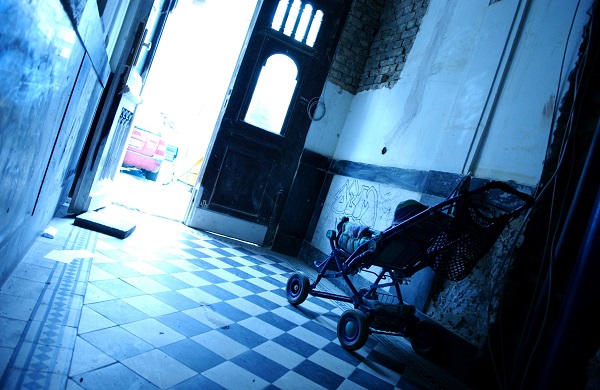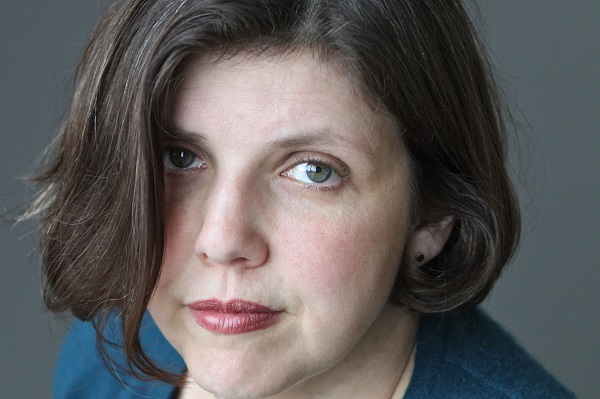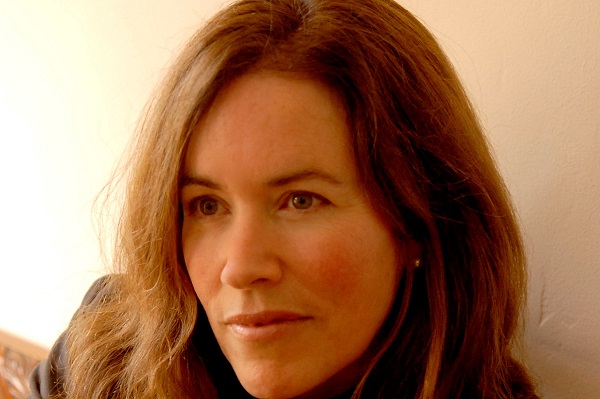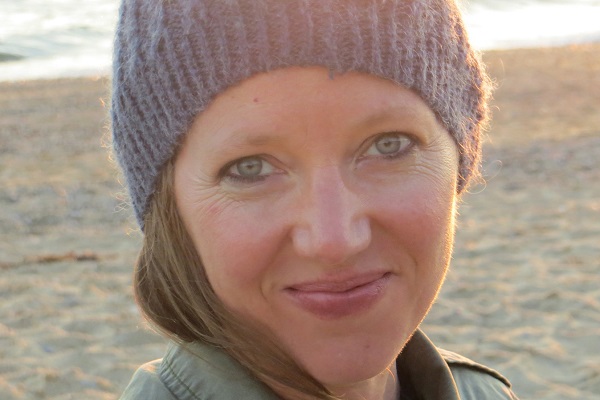
“My plan”, says the unnamed protagonist of Jenny Offill’s fragmentary 2014 novel Dept. of Speculation, “was to never get married. I was going to become an art monster instead. Women almost never become art monsters because art monsters only concern themselves with art, never with mundane things.” A man, of course, doesn’t have to choose between heterosexual marriage and monsterhood. If he marries, he gets a wife to support him; if a woman marries, she becomes one and winds up supporting someone else.
Think of Sylvia Plath setting aside her own poems to typeset and edit her husband Ted Hughes’ manuscripts for publication, while having the babies and keeping the house. “I married a real poet and my life is redeemed: to love, serve and create,” she wrote in her journal. Hughes would complain that she interrupted him too often while he was trying to work.
For women, the trinity of love, serve, create is poisonous. When loving puts you in a position of service, and when procreation militates against your own ability to create, women must make invidious trade-offs. This is the kind of thing that Betty Friedan once wrote about – and later Andrea Dworkin, who uncompromisingly outlined the way that the female body is understood to give warrant to the exploitation of women. To penetrate a woman, wrote Dworkin in Intercourse, “is taken to be a use, not an abuse; a normal use; it is appropriate to enter her, to push into (‘violate’) the boundaries of her body”.
"For women, the trinity of love, serve, create is poisonous"
And if that use is appropriate, so by extension are all other uses: use for sex, use for reproduction, use for domestic labour, and use for emotional labour – the stereotype that women are more empathic lumbers women with the work of anticipating other people’s feelings and responding to them.
The problem hasn’t gone away, but the feminist analysis that once addressed is in abeyance. “The personal is the political” used to be a rallying cry for (often unforgiving) scrutiny; now, it’s used to mark every individual choice as an act of liberation.
A book-length critique of motherhood or domesticity or heterosexual intercourse would surely be drowned out by charges of “wifeshaming” and cries of “Isn’t feminism supposed to be about choice?”.
So the subject belongs, for now, to novelists and memoirists rather than polemicists and political campaigners.

Three recent books by American women all ask how the female self can withstand the demands of being a woman: Offill’s Dept. of Speculation, The Argonauts by Maggie Nelson, and The Portable Veblen by Elizabeth McKenzie.
The obvious answer is Offill’s narrator’s first plan: opt out entirely. But to give up love, or whatever you’ve been trained to accept as love, is a great price to pay: the woman does marry, and have a child, and mundane things take over. When her husband comes home in the evenings and ask what she’s been doing, the woman must “try my best to craft an anecdote for you out of nothing". The labour of maternal care is endless and without accomplishment. Nothing is ever made; or rather, everything that is made is rapidly unmade. “Caring for her [the baby] required me to repeat a series of tasks that had the peculiar quality of being both urgent and tedious. They cut the day up into little scraps,” says the woman.
"The labour of maternal care is endless and without accomplishment"
Veblen, in The Portable Veblen, also starts off suspicious of marriage. When her boyfriend Paul presents her with a ring, Veblen sees “a diamond so large it would be a pill to avoid for those who easily gag.” But for some reason she doesn’t take her reflex as her guide, and nor is she deterred when she realises that “Marriage could be a continuing exercise in disappearances.” Instead, the novel charts her accommodation to wifehood. In terms of plot, Veblen and Paul’s relationship is the object for which various barriers (most of them to do with Veblen’s controlling, hypochondriac mother) must be overcome to provide the reader with eventual satisfaction.

But as the novel moves towards this prospect, their union becomes increasingly unappealing. Paul, we are given to understand, is jealous. The expression of that jealousy is a rampage through Veblen’s home when he suspects her of having an affair (she’s actually having an innocent chat with a squirrel, and whether or not you find that emetic is a good guide to whether or not you will get on with McKenzie’s novel), rummaging through her medicine cupboards and smashing treasured possessions. Afterwards, he is left “feeling like he’d raped her space – a powerful analogy between sexual violation and domestic violation that is neither explored nor accounted for.
“The reason to have a home”, writes Offill in Dept. of Speculation, “is to keep certain people in and everyone else out.” As idealised homemakers, women are supposed to be boundlessly generous with themselves; but without limits, you are a rapidly depleted resource. A home is only a home if you’re able to shut the door and trust that nobody will force it. When the narrator’s husband asks her to think of a time she was happiest, she imagines is being “all alone in the country, with no one wanting a thing from you, not even love”. This is a defiantly unfeminine self-containment, and for some, keeping other people out is antithetical to what a woman should be.
The Argonauts recollects jointly Maggie Nelson’s pregnancy and her partner Harry’s transition from butch woman to someone “blessedly neither male nor female” (but passing as a man), parallel metamorphoses that press at the distinction between man and woman, self and other. At one point they go to watch a lesbian art porno (they are West Coast arty, so this is a standard night out), and Nelson addresses Harry in her narration: “you felt perplexed by its banishment of cock, as you think the category of woman should be capacious enough to include it – ‘like the blob that ate Detroit,’ you say.” Harry, having opted out of the class of the permeable, requires that “woman” should continue to be endlessly absorbent as a category.
"McKenzie restores moral order with a gory punishment for a female supporting character who was more interested in her career than her child"
Women continue to need women to be women, even if they individually slip out of the exploited class. Veblen, long tutored in the anticipation of her needy mother’s demands, makes her escape with the undeserving Paul by the end of the book. But in exchange for Veblen’s flit from caring, McKenzie restores moral order with a gory punishment for a female supporting character who was more interested in her career than her child. This ball-busting executive has a hole punched through her skull with a trepanning device unintentionally wielded by her own young son – typically, she was ignoring him to think about work. The symbolism is brutal and unsettling. She gave too little of herself, so more holes must be put in.

These books all offer beautiful and recognisable descriptions of love: what they don’t contain is any positive idea of what a woman might be if she refused a position of care. In The Argonauts, Nelson explicitly refuses to countenance the possibility of any world other than the present one: “There is no control group [of women outside patriarchy]. I don’t even want to talk about ‘female sexuality’ until there is a control group. And there never will be.” Offill’s character never becomes an art monster, though of all the protagonists here, she seems the clearest-eyed about the cost of her happiness. And perhaps recording the mundanities of a life cut into snips is a greater vocation in the end than standard-issue male greatness: what could be more banal, and more profound, than the bodies onto which the meanings of our lives are stamped.